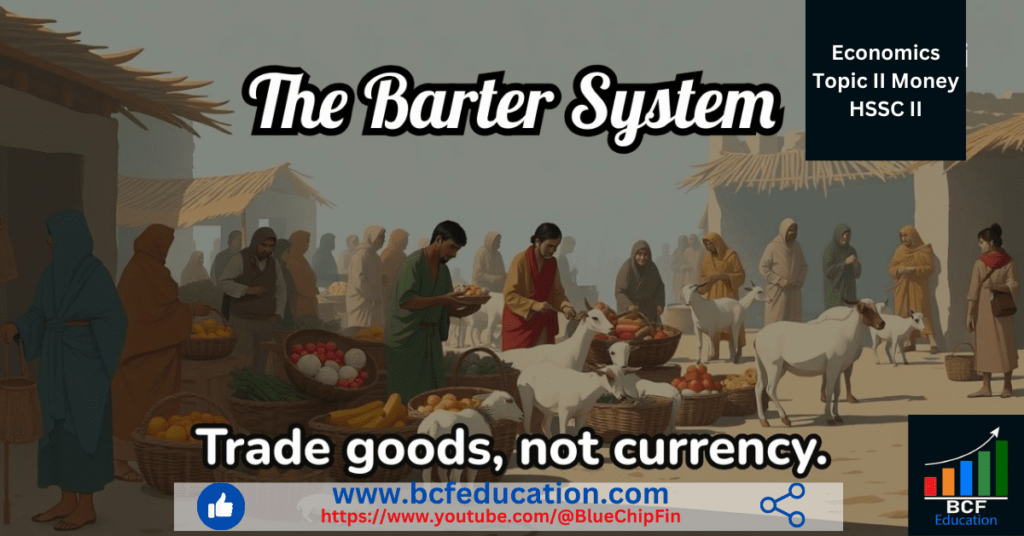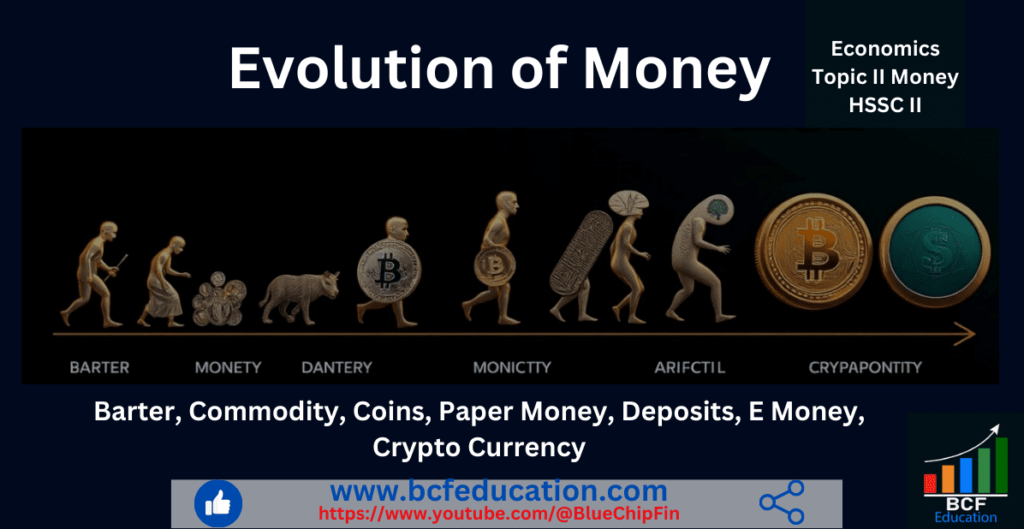What is Inflation and How it effects the Society? Inflation is a critical concept in economics, influencing economies and societies worldwide. In this blog post, we explore what inflation is, its causes, and the various ways it impacts individuals, businesses, and governments. From the erosion of purchasing power to changes in employment levels, this comprehensive analysis sheds light on the ripple effects of inflation on society. Perfect for students, professionals, and curious minds seeking to understand this fundamental economic phenomenon. This topic is equally important for the students of economics across all the major Boards and Universities such as FBISE, BISERWP, BISELHR, MU, DU, PU, NCERT, CBSE & others & across all the business & finance disciplines.
Table of Contents
What is Inflation and How it effects the Society
What is Inflation?
Increase in general price level of the goods and services in the economy is called Inflation or we can say that Inflation is the phenomenon in which too much money is needed to buy too few goods. It reduces the purchasing power of the money.
Methods to Measure Inflation
Usually there are two methods used to measure the inflation:
- Consumer Price Index CPI
In which average price change of consumer goods basket is calculated
- Producer Price Index PPI
In which average price change of materials of inputs are calculated.
Types of Inflation
Demand-Pull Inflation
When demand for goods and services exceeds supply, pushing prices up.
Cost-Push Inflation
When producer raise prices due to increase in production costs such as raw material, labour etc.

Built-In Inflation
When workers expect future prices hike and demand to raise the wage. In result producer raise prices of the goods and services in order to raise the wage.
Effects of Inflation on Society
Economic Effects
- Reduced Purchasing Power: Due to Inflation, purchasing power of individuals reduces, in result their living standard goes down.
- Uncertainty in Investments: Long term investments are discouraged due to uncertainty in future return.
- Erosion of Savings: Due to Inflation, consumption expenses are increased and the portion of saving reduces, in result it also influence the investment.
- Income Redistribution: Fixed income earners such as pensioners are affected adversely due to inflation because of their fixed income against rising prices of goods and services but borrowers may get benefit from it because they have to repay the same agreed amount which is now devalued.
- Economic Inefficiency: It can cause “menu costs” phenomenon in which producer spend extra time and resources to adjust the prices.
Social Effects
- Widening Inequality: Inflation widens the gap between rich and poor because normally rich people have real estate and other precious metals such as gold which work as an hedge against inflation whereas poor people have nothing but to face the ill effects of inflation which reduces their purchasing power, in result, gap between them widens.
- Social Unrest: Rising prices for essentials like food and housing can lead to dissatisfaction and protests, particularly in low-income communities.
- Psychological Stress: Personal and financial security of the people is challenged and they may feel anxious.
Global Effects
- Reduced Export: Due to higher prices, the cost of inputs increases and the final product becomes unattractive in the global market to export.
- Impact on Currency Value: Due to inflation, local currency depreciates, in result a country may faces issues in imports, foreign investments and foreign debts.

Conclusion
Moderate inflation is a natural part of economy and it is considered as a healthy signal sometimes in the developing and growing economies but high or excessive inflation which is also called hyperinflation may disrupt the social and economic fabric of the country. Proper monetary and fiscal policies are crucial to managing inflation and mitigating its adverse effects on society.

Related Articles
Money, Barter System and its Difficulties






